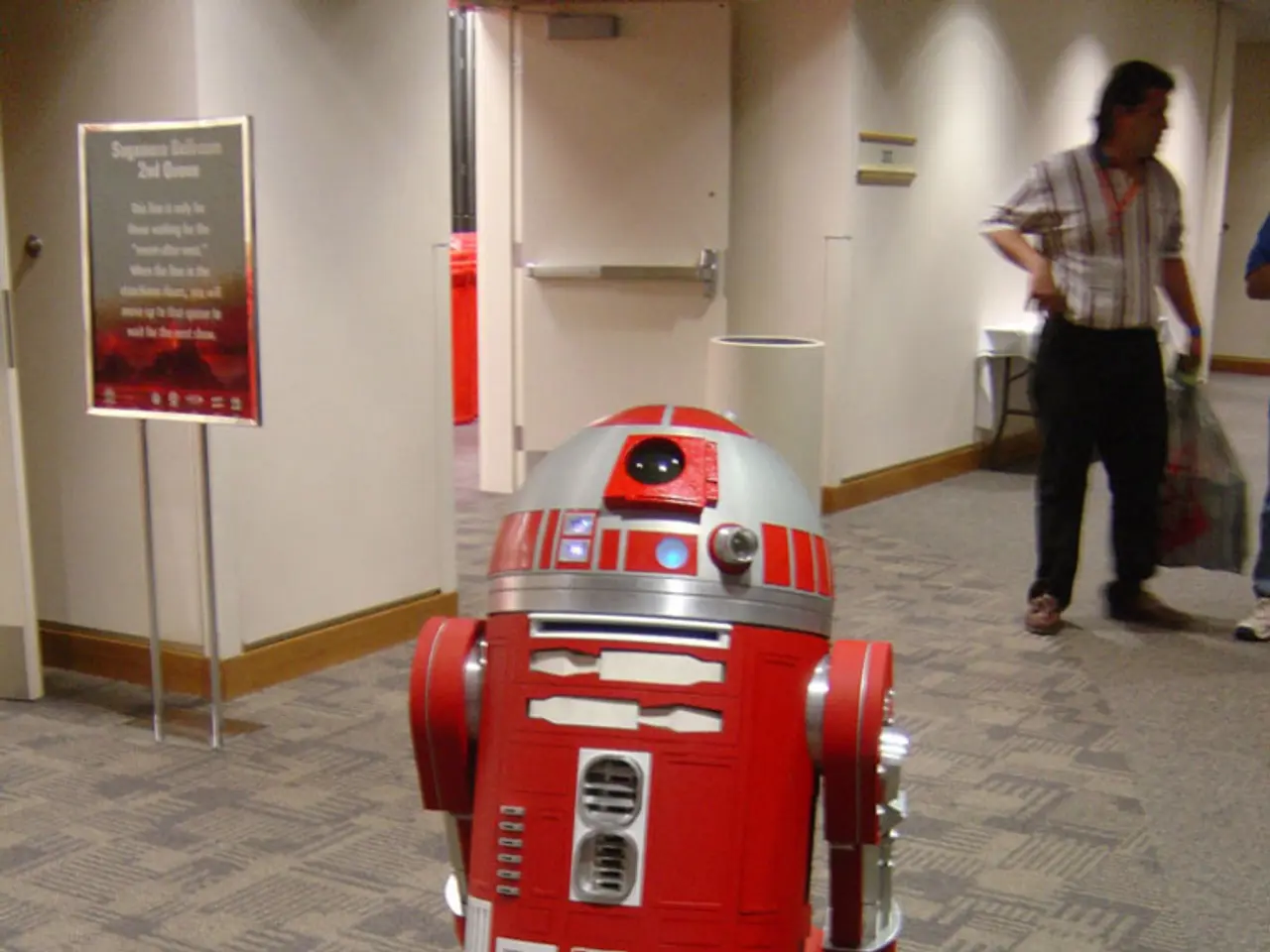AI's Ability to Reason: Examining the Boundaries of AI Logic and Prospective Advancements
In the rapidly evolving world of artificial intelligence (AI), a pressing challenge lies in bridging the gap between machines and human-like reasoning and logic abilities. Despite significant advancements, current AI models continue to grapple with several fundamental limitations, as highlighted by researchers in the field.
One of the most notable shortcomings is the inability of AI to engage in long-term planning and reasoning, generalize beyond training data, and adapt to new situations effectively. AI models, especially large language models (LLMs), struggle with these capabilities that are essential for human-like logic and reasoning.
Moreover, AI's tendency to "hallucinate" or generate inaccurate information indicates a lack of robust logical inference and fact-checking capabilities. AI also falls short when it comes to critical thinking, ethical judgment, and morality, as it cannot fully appreciate moral implications or context-dependent ethical decisions.
Humans excel in adaptability and managing unpredictable, novel situations, whereas AI generally operates within fixed programmed parameters and falters when rules do not apply or when encountering unfamiliar problems. Furthermore, AI cannot build meaningful human relationships, which affect human reasoning in social contexts.
However, recent research offers promising directions to overcome these limitations. Brain-inspired AI designs are emerging, aiming to mimic the complex neural wiring of the human brain more closely. This approach could enable AI systems to develop more human-like cognition, intuition, and reasoning ability.
If AI can embody these brain-like structures and dynamics, it might not only improve reasoning but also provide insights into human cognition itself, creating a virtuous cycle of advancement. The demonstrated limits in current AI reasoning reinforce the importance of human critical thinking and ethical judgment as complementary strengths alongside AI's analytical power.
In conclusion, while current AI struggles with fundamental reasoning and logic tasks that humans perform naturally, future progress likely depends on fundamentally new architectures inspired by human brain complexity rather than mere scaling of existing models. This evolution holds the potential to move AI closer to human-like reasoning but remains a challenging and open area of research.
Cloud solutions incorporating advanced technology, such as artificial-intelligence, could play a significant role in enhancing AI's logical reasoning abilities, addressing some of the shortcomings currently hindering AI's performance. By incorporating brain-inspired designs, these cloud solutions may help AI systems develop more human-like cognition, intuition, and reasoning, closing the gap with human-like reasoning.



